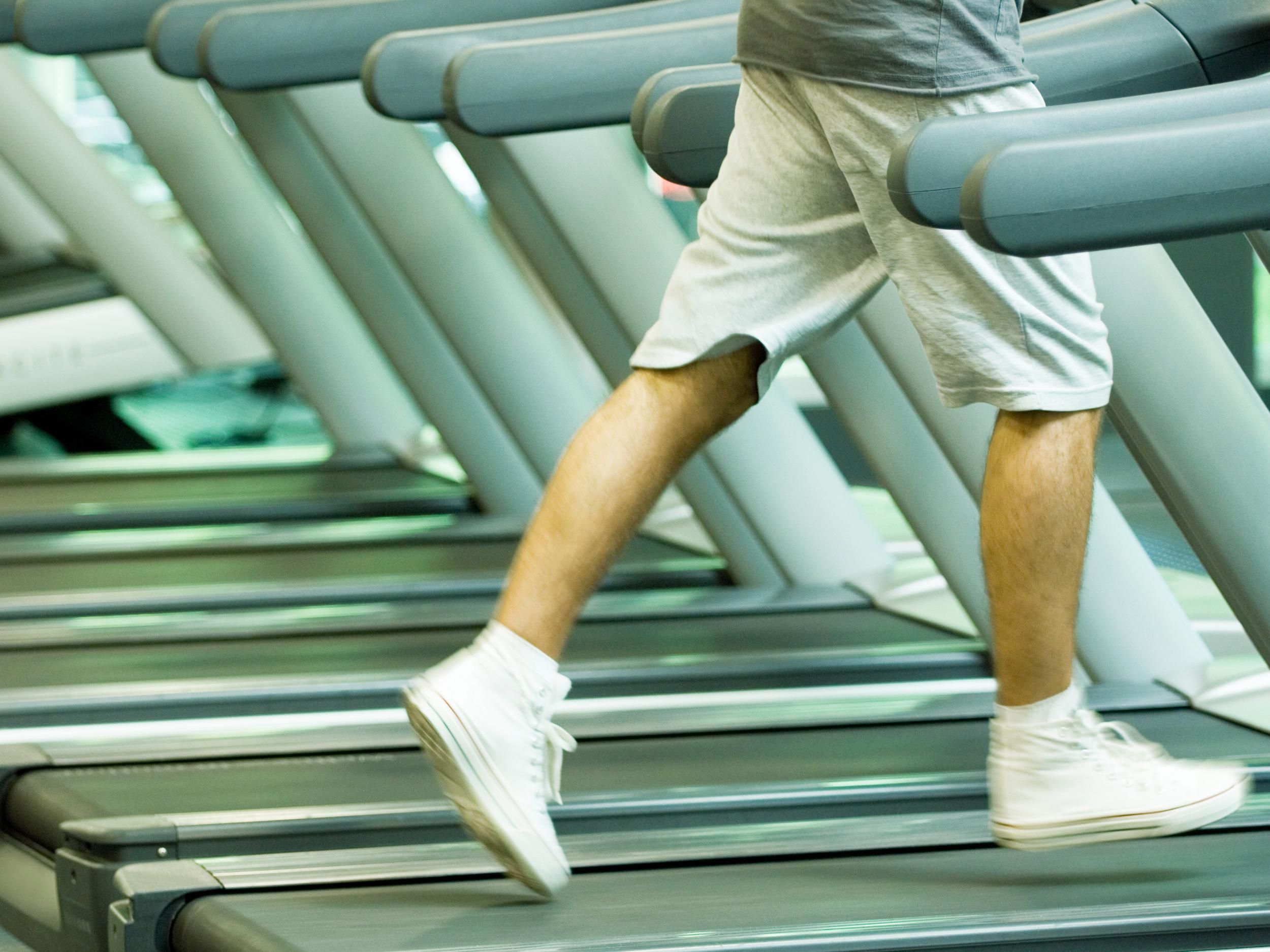Brisk walking a better method for losing weight than going to the gym, study claims
Method produces better weight loss results than playing sports

Your support helps us to tell the story
From reproductive rights to climate change to Big Tech, The Independent is on the ground when the story is developing. Whether it's investigating the financials of Elon Musk's pro-Trump PAC or producing our latest documentary, 'The A Word', which shines a light on the American women fighting for reproductive rights, we know how important it is to parse out the facts from the messaging.
At such a critical moment in US history, we need reporters on the ground. Your donation allows us to keep sending journalists to speak to both sides of the story.
The Independent is trusted by Americans across the entire political spectrum. And unlike many other quality news outlets, we choose not to lock Americans out of our reporting and analysis with paywalls. We believe quality journalism should be available to everyone, paid for by those who can afford it.
Your support makes all the difference.Regular, brisk walking may be a more effective method for weight loss than going to the gym, according to research.
A study by the London School of Economics found that those who engaged in “regular, brisk walking” for longer than half an hour had lower Body Mass Indexes (BMI) and smaller waists than those who did other exercise such as going the gym or playing football or rugby.
The results were particularly true for women, people over 50 and those on low incomes.
Dr Grace Lordan, who led the research said: “The results thus provide an argument for a campaign to promote walking… Given the obesity epidemic and the fact that a large proportion of people in the UK are inactive, recommending that people walk briskly more often is a cheap and easy policy option.”
Mike Loosemore a Lead Consultant Sports Physician for The Institute of Sport, Exercise and Health said: “This really positive paper shows you can reduce obesity through brisk walking which is accessible for most people.”
“It is slightly false to say walking is as good as going to the gym. It is brisk and fast walking which is as good as the gym, it doesn’t mean a meandering walk through the countryside looking at flowers. A very brisk walk means almost short of breath.”
“Those who prefer walking over going to the gym or playing sport, should start and gradually build it up to brisk or fast walking.”
The advancement of brisk walking strikes chords with the general '10,000 steps' a day recommendation, made popular by various fitness tracker gadgets.
According to the NHS: "If you walk 10,000 steps a day, you will probably do more than 150 minutes [of recommended weekly exercise]." The average person walks between 3,000 and 4,000 steps each day, the service says.
However, an article published in New York Magazine in June disputed this recommendation, saying it comes from 1960s Japan and is not an accurate measurement for today’s Western society and it’s obesity epidemic.
Catrine Tudor-Locke, a professor at Louisiana State University told the publication “the one-size-fits-all [approach to walking 10k] doesn’t necessarily work”. For instance, those who do not exercise much may not necessarily benefit from this amount of steps and in fact may be deterred so it may be better to set a more realistic goal.
Mr Loosemore says: “The 10k aim is a standard set for any pedometer work. For most people that’s a lot to start on. People shouldn’t be discouraged by only doing 1,000 at first as long as you try and build it up to 10,000 steps.”
Join our commenting forum
Join thought-provoking conversations, follow other Independent readers and see their replies
Comments